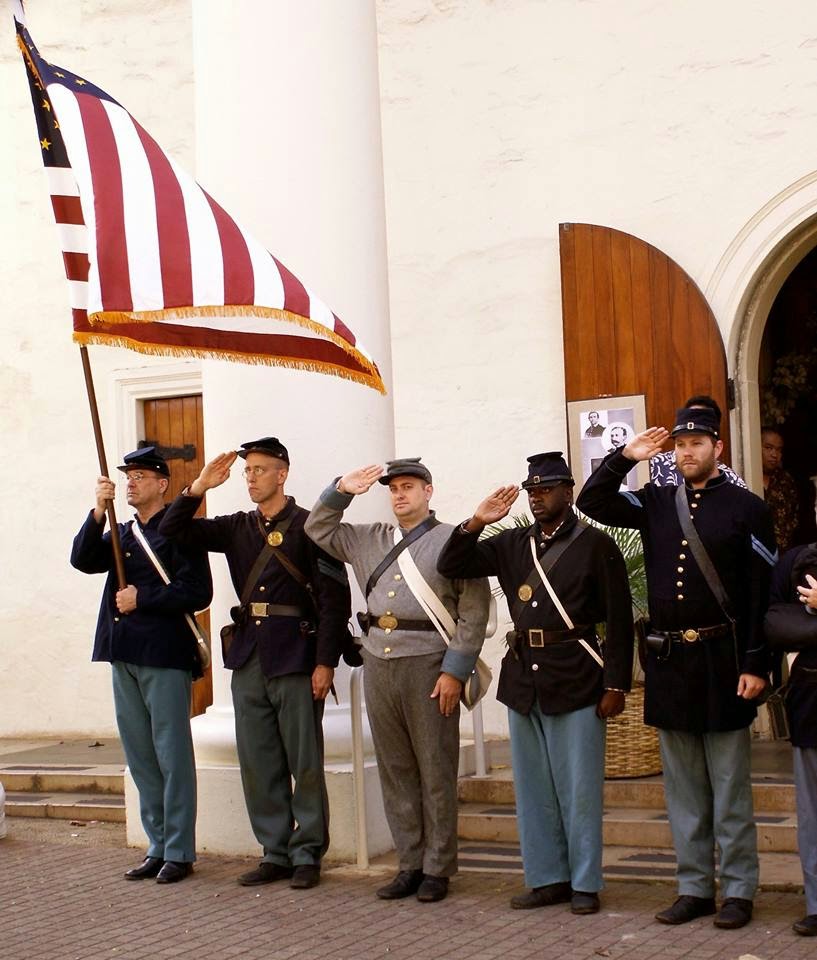Magna Carta Celebration
Thursday, May 7, 2015 from 5:30 PM - 7:00 PM
King Kamehameha V Judiciary History Center
Free and Open to the Public
Join us as we commemorate the 800th anniversary of the signing of the Magna Carta.
More than any other document in human history, the Magna Carta has come to embody a simple but enduring truth: no one, no matter how powerful, is above the law. In the eight centuries since its signing, the Magna Carta has taken root as an international symbol of the rule of law. It is the inspiration for many fundamental rights Americans hold dear today, including due process, habeas corpus, trial by jury, and the right to travel. Our evening program looks at the history of the Magna Carta, first issued in 1215, and its relevance in society today.
Peter H. Hoffenberg is Associate Professor of History at the University of Hawaiʻi at Mānoa, where he has taught for nearly twenty years. His courses include the Modern Britain and British Empire, Economic History, History and Film, and modern Europe. His interests focus on the Victorian era, and he has published a variety of articles related to poverty, traditional Indian art, the Great War, and Australian science. He will discuss the documents history.
Gregory Jackson is an international advisor on human rights, the military, and security sector reform. He spent several years in South Sudan advising the Ministry of Defense in security sector reform and time in Iraq as an advisor to the Iraqi High Tribunal prosecuting human rights atrocities by the Baathist regime. Most recently, Jackson served as Director of the Office of Veterans Services in the Abercrombie administration. He will discuss human rights, the rule of law, and concepts of fair trial and due process in the international post-conflict context.
More than any other document in human history, the Magna Carta has come to embody a simple but enduring truth: no one, no matter how powerful, is above the law. In the eight centuries since its signing, the Magna Carta has taken root as an international symbol of the rule of law. It is the inspiration for many fundamental rights Americans hold dear today, including due process, habeas corpus, trial by jury, and the right to travel. Our evening program looks at the history of the Magna Carta, first issued in 1215, and its relevance in society today.
Peter H. Hoffenberg is Associate Professor of History at the University of Hawaiʻi at Mānoa, where he has taught for nearly twenty years. His courses include the Modern Britain and British Empire, Economic History, History and Film, and modern Europe. His interests focus on the Victorian era, and he has published a variety of articles related to poverty, traditional Indian art, the Great War, and Australian science. He will discuss the documents history.
Gregory Jackson is an international advisor on human rights, the military, and security sector reform. He spent several years in South Sudan advising the Ministry of Defense in security sector reform and time in Iraq as an advisor to the Iraqi High Tribunal prosecuting human rights atrocities by the Baathist regime. Most recently, Jackson served as Director of the Office of Veterans Services in the Abercrombie administration. He will discuss human rights, the rule of law, and concepts of fair trial and due process in the international post-conflict context.
























